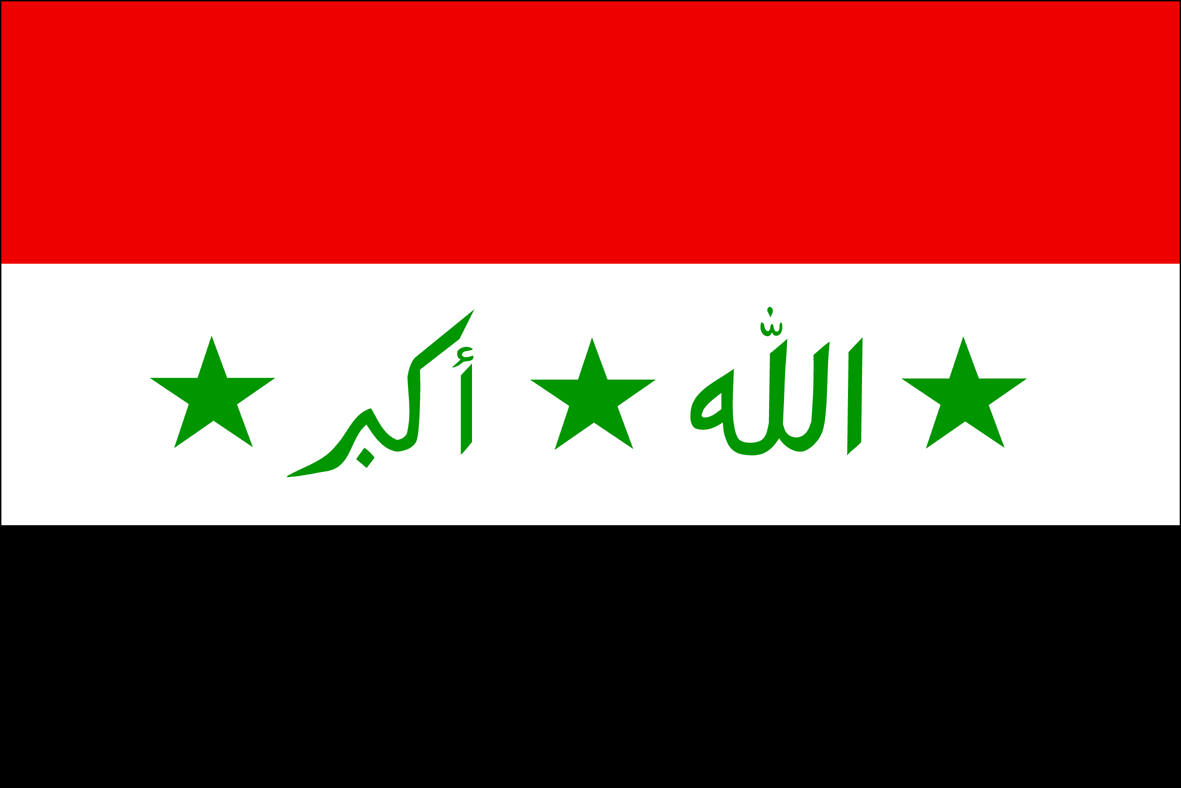Iraq: Is There Now a Government and "Stability"?
 Given Friday's headlines that Iraq was on the verge of a government, seven months after national elections, you might have expected a bit of relief today.
Given Friday's headlines that Iraq was on the verge of a government, seven months after national elections, you might have expected a bit of relief today.
Not really.
It appears that current Prime Minister Nuri al-Maliki may retain office after a deal between his State of Law Party and the representatives of cleric Moqtada al-Sadr. However, the combination of the Shi'a factions raises a question as to whether Sunnis, who make up 20% of Iraq's population and enjoyed predominance in the Iraqi system until 2003, will be shut out. There is also the possibility of intra-Shi'a tension, with the Islamic Supreme Council of Iraq excluded from the proposed Government.
So leading analyst Reidar Visser is more than cautious as well as scathing about what he sees as Washington's flailing, stemming from its long-time animosity towards Moqtada al-Sadr:
The most hopeless reaction is from the Obama administration. Even after Maliki’s candidature had been announced, it managed to reiterate a desire for all four [main political] blocs coming together in a single government – but at the same time indicated concern about having the Sadrists in a kingmaker role!... Whoever wants to emerge victorious within the NA setting will need the support of the Sadrists, period.
Steven Lee Myers, writing in The New York Times, is more dramatic in his visions of uncertainty:
Sunni leaders in particular are angry at the prospect that they may be disenfranchised once again.
“The past four years have been full of injustice and oppression,” Atheel al-Nujaifi, a Sunni who is governor of Nineveh Province in northern Iraq, said Sunday in Mosul.
He accused Mr. Maliki of having abused his authority by arresting opponents, pressuring the courts, and hiring and firing security forces based on sectarian identity — practices, Mr. Nujaifi said, that Mr. Maliki continued even now as a caretaker leader with no mandate or parliamentary oversight. “Mr. Maliki’s continuation as prime minister will create a dictatorship,” he warned.
Even plans to conduct a census this month ran afoul of these divisions. On Sunday, Mr. Maliki’s caretaker government postponed the census — the first in years — until December after angry protests that an accurate count of the country’s population would rub raw the divides, especially in regions like Kirkuk and Nineveh, with myriad peoples and territorial disputes.
The challenge now is for Mr. Maliki to overcome the divisions and suspicions — among Sunnis, above all — that have dogged Iraq since its creation in 1920 under British rule, cobbled together out of disparate Ottoman provinces. Even though Mr. Maliki is all but assured of leading the next government, it could take weeks or months more for him to persuade the Sunnis to join the government in some way.
Mr. Maliki secured the nomination for a second four-year term on Friday, but he did so with the support, save one, of only fellow Shiites, in particular the followers of a radical cleric, Moktada al-Sadr, who not long ago were involved in the fighting that plunged Iraq into civil war.
Mr. Maliki, whose bloc narrowly lost the election in March to a secular and largely Sunni coalition led by Ayad Allawi, has fought so tenaciously to regain his post, and alienated so many potential allies in government, that few on Sunday said they believed his pledges, once again, to unite all Iraqis under his leadership.
Among Iraq’s Sunnis the view is acute and disturbing, given the disenfranchisement that once provided Al Qaeda and other Sunni extremist groups succor.
Bobby Ghosh of Time magazine offers a perspective on the ground:
Sunni leaders have responded angrily to what they see as the ganging-up of the Shi'ites, but nobody has as yet called for a return to arms. With the U.S. presence now greatly reduced, ensuring the Sunnis stay quiescent falls mainly to the Iraqi military.
Eyewitnesses in several Anbar cities report an increased military presence in the streets, in the form of Armypatrols and checkpoints. Here in Fallujah, patrols have been increased dramatically since Friday's announcement. "The message is: 'We are here, watching you, so don't get any ideas'," says Mohammed al-Shabib, sheikh of the powerful Issawi tribe in Fallujah.
Anbaris say the exertion of military muscle is unnecessary: they may be mad, but not enough to bring out their guns. "People are just tired of fighting," says another influential sheikh, Abdel Jabbar al-Feydawi. "We're all trying to move on, to find jobs and businesses."
But the military show of force risks antagonizing an already sullen populace: the Army is highly unpopular in Fallujah, mainly because most of the soldiers come from other provinces. Anbaris - and especially Fallujis - are famously suspicious of outsiders. They much prefer the local police force, comprised mainly of local recruits. (This is the reverse of the norm for most of Iraq, where the military enjoys more credibility than the police.) "We don't like outsiders stopping us in the street and treating us like criminals," says Shabib.
Like Faydawi, Shabib says his tribe is not in a fighting mood. But he warns that could change if the military overplays its hand. "I worry that tempers are raised, and something happens - a soldier starts shooting, civilians are killed. Something like that could set off the insurgency."

 Monday, October 4, 2010 at 7:25
Monday, October 4, 2010 at 7:25
Reader Comments